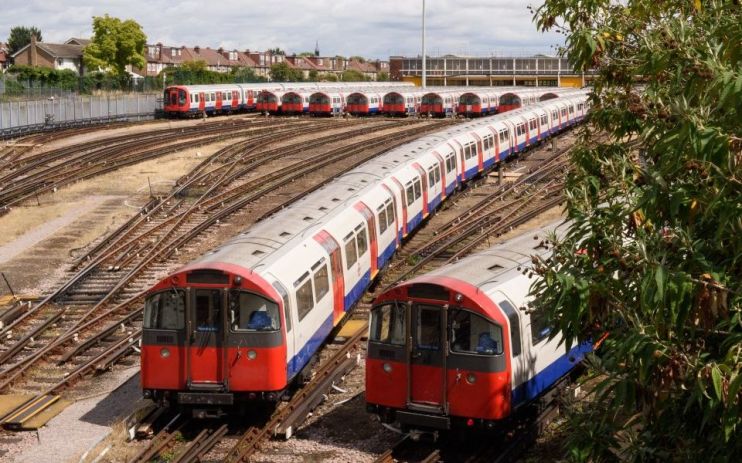A high-speed economy needs more than just a few extra trains

History will show that productivity, not Brexit, was the economic issue of our age. And the new government has made a high-speed start. The focus on “levelling up” the UK economy — and a resultant focus on regional productivity — is completely right.
The story of this country’s regional productivity is sometimes characterised solely as a gap between London and the rest of the country. But this doesn’t even tell half the story.
It’s true that London excels, with output per hour a third higher than average. However, intra-regional variations are massive too. Neighbouring areas like Durham and Darlington have markedly different levels of productivity from each other. We also have places like Lancashire, where productivity has gone from behind the pack to punching above its weight.
So what is the government doing? The new chancellor Rishi Sunak arrives in time to put a final lick of paint on a public infrastructure budget, expected on 11 March. Enabling greater numbers of people and goods to traverse our roads and rail more quickly will reap economic dividends.
But if this is the levelling-up strategy, it has three critical shortcomings.
The first is that infrastructure is necessary but not sufficient to local economic development. Poor infrastructure can be a brake on growth, but the essential challenge of UK productivity is unlocking the ambition and capability of UK firms. With the exception of selected transport and construction businesses, new rail and road investment does not make sufficient inroads on this problem.
The second challenge is that the positive impacts can take decades to realise. UK productivity has now flatlined for 12 years — our worst performance since the 1820s. We’re now way past being part of a global slump — we are far behind the recovery of our G7 competitors in the productivity league tables.
Economically, we need to boost investment and innovation now. Politically, we need to demonstrate action and impact within a few years, not a decade or more. What we need is an immediate stimulus to local economic generation that predates our infrastructure upgrade.
The third challenge is engaging the private sector in Britain’s renewal. The risk on 11 March is that we believe again that it is the government alone which makes or breaks an economy, rather than business. Every business in the country needs to lead a productivity charge and participate in the levelling up of UK regions by making bets and signing contracts in every part of the nation.
Big businesses, from Lloyds Bank and Salesforce to BAE, GSK and others, stand ready to work with the owners of firms from Cornwall to Cumbria, and Stockport to Strathclyde, to unlock their ambition and capability. These companies are now challenging themselves to think about their own levelling up — within their supply chains and customer bases.
The new chancellor needs businesses to join this campaign. Business is ready. Let’s do this together, so that the UK’s new trains can focus on carrying the weight of an already-growing economy, and not just expectations.
Main image credit: Getty